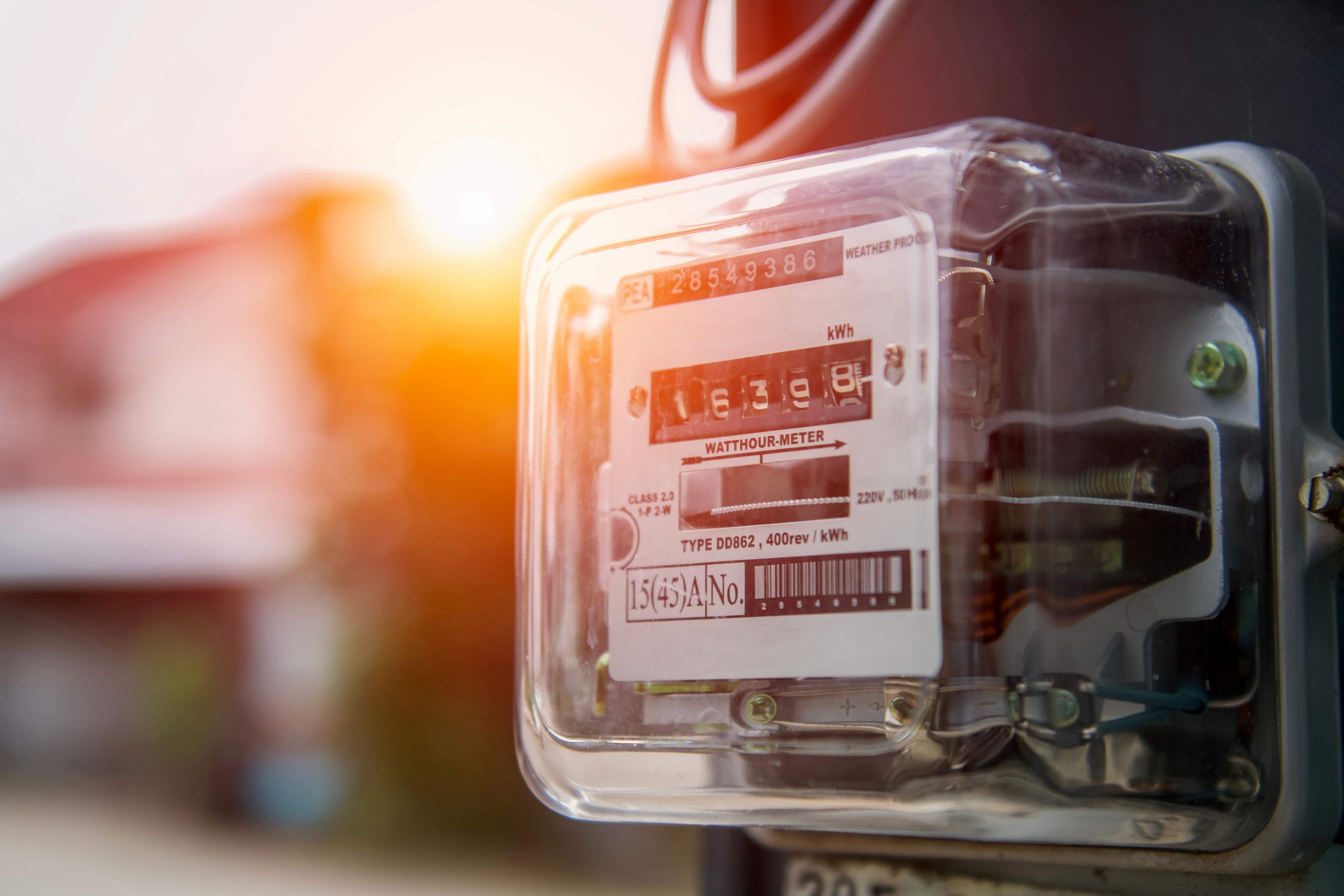The Brutal truth about energy prices is that some businesses are making a lot of money, whilst there is an alarming increase in fuel poverty. Take the Daily Express’s recent headline “Fuel poverty has now hit 3.3 MILLION homes in UK.”
Discussing this with a colleague, he mentioned a podcast he was listening to on the Dalai Lama. And how he treated people he met or dealt with, like old friends. My colleague went onto say, wouldn’t the world be better if energy companies treated customers equitably, fairly and with compassion. Prompting this philosophical outpouring was a letter shown to him by a friend. This friend, lived in social housing and had just received a price notification from his energy provider. More of which later.
This talk of corporate fairness reminded of William Lever who used his profits to develop Port Sunlight. A community of 800 houses, built for workers from his soap factory. As both a business owner and philanthropist, he sought to improve the living conditions of his employees. He provided garden allotments, built hospitals, schools, a concert hall, open-air swimming pool, as well as a church.
Historically, William Lever is not an isolated example. Take chocolate maker John Cadbury who had a passion for social reform and another chocolatier, cum social reformer, Joseph Rowntree. Whose four trusts continue to promote good works, to this day. Today, any semblance of compassion or fairness does appear to have escaped our energy providers.
Current wholesale gas prices paid by the electricity producers and those that pass the gas onto to us, are falling. Falling to levels below those we saw before the invasion of Ukraine. Using ONS data, prices paid on the balancing market were 20% below the same period in January/ February last year. And a whopping 29% below the 2022, post invasion period. Which also included the cheaper summer cycle. So, there is an emerging picture that says: both gas and electricity prices should be falling dramatically, but they aren’t. Isn’t it funny that on the way up everyone is quick to increase prices but, on the way, down far slower. Add-in the absurdity of UK electricity prices calculated using the most expensive portion of our energy mix, and you have the artificially inflated profits. Shock, horror!
Gas represented a third of our electricity generation, not a 100%. So, by blending costs, including renewables, coal, nuclear etc., electricity prices could be lower. The government needs to take note.
Now, for the kicker, lower income households are hit harder still. So, returning to the letter we mentioned earlier. The individual in question lives in social housing in a modern block of flats in East London. From February their bills for communal heating and hot water (not their electricity supply) are increasing to 44p per kwh with a daily standing charge of 37p. The landlord/management company explains these much higher prices are justified because they provide both the heat and hot water. However, this argument doesn’t hold water. Surely everyone’s gas does the same thing, provide heat and hot water and we don’t pay any extra.
Secondly, communal systems are more energy efficient and cost effective? Or so they should be.
Thirdly, how is it that 2 postcodes away in a similar apartment block with communal heating and hot water are tenants’ bills rising to a more modest 15.6p per kwh with a daily standing charge of 31p, including 20p for direct debit management. Which begs another question. Why is our colleague’s friend paying a standing charge of 37p when they are on a prepayment plan?
The Independent wrote a story recently on this very subject. Saying “Residents in blocks of flats up and down the country is being hit with energy bill increases of as much as 700 per cent because they are not protected by Ofgem’s price cap.”
The paper partly explains this anomaly, saying that “The cap will rise by a record 54 per cent in April, but an estimated 800,000 homeowners and tenants are on communal networks that heat large buildings. The contracts are negotiated for all residents collectively by freeholders and managing agents. Because the contracts are classed as commercial, not domestic, residents have no protection from rising prices.”
Energy prices are too high, due in part to the way gas is traded and hedged. Also, by the way UK electricity prices are set using the most expensive part of the generation mix. Then there is the excess profit taking by the energy suppliers, themselves.
For some lower income families though, the danger is so much worse, they lack the protection of the OFGEM price cap. The very mechanism intended to protect the vulnerable from the energy price hikes. Which is compounded by potentially unfair pricing, where the tenant is held to ransom, given there is no competition for their business.
The government urgently needs to rectify the price cap to cover communal heating and hot water. Next, a thorough review of the gas market and energy prices is required. Especially given the number of times gas is traded before we see it. Thirdly there needs to be a way for unfair pricing practices to be called out, and for tenants to be better protected. Furthermore, policymakers need to urgently address the electricity pricing mechanism. Not to mention how quickly the market is to raise gas prices and how slow they are to bring them down when market conditions improve.
We all understand that energy suppliers need to make profits. However, we leave our readers, to decide whether they are treating their customers with fairness and compassion. Taking a lesson from history, Lever, Cadbury and Rowntree built huge profitable businesses but understood the need for some social justice.
